Published Jan 26, 2023
A Guide to Making Friends as an Adult with Miles O'Brien and Julian Bashir
There are no better teachers in that field than the chief and the doctor.
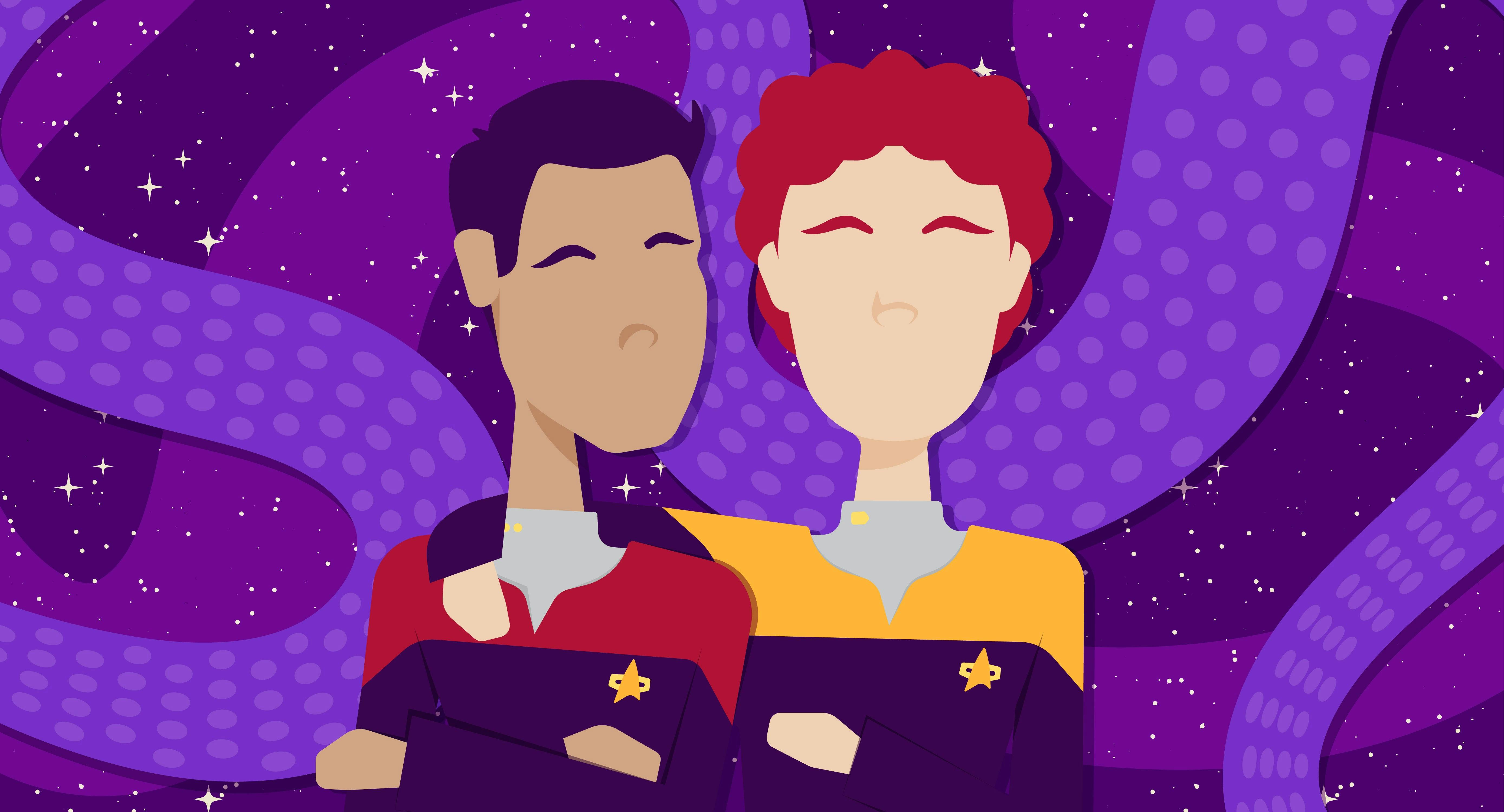
StarTrek.com / Rob DeHart
One of the most celebrated parts of Star Trek: Deep Space Nine was the relationship between Chief Miles O’Brien and Dr. Julian Bashir who over the course of the series went from awkwardly tolerating each other to forging possibly the best and most unlikely friendship in the history of the franchise. Except that there wasn’t anything unlikely about it.
Their story actually got to the heart of Star Trek, a world built on the idea that all sentient beings, no matter their race, species, or even basic atomic composition, can form powerful bonds of brother/sisterhood. Yet there is something incredible about Miles and Julian’s companionship, like how it can teach us how to make friends as an adult.
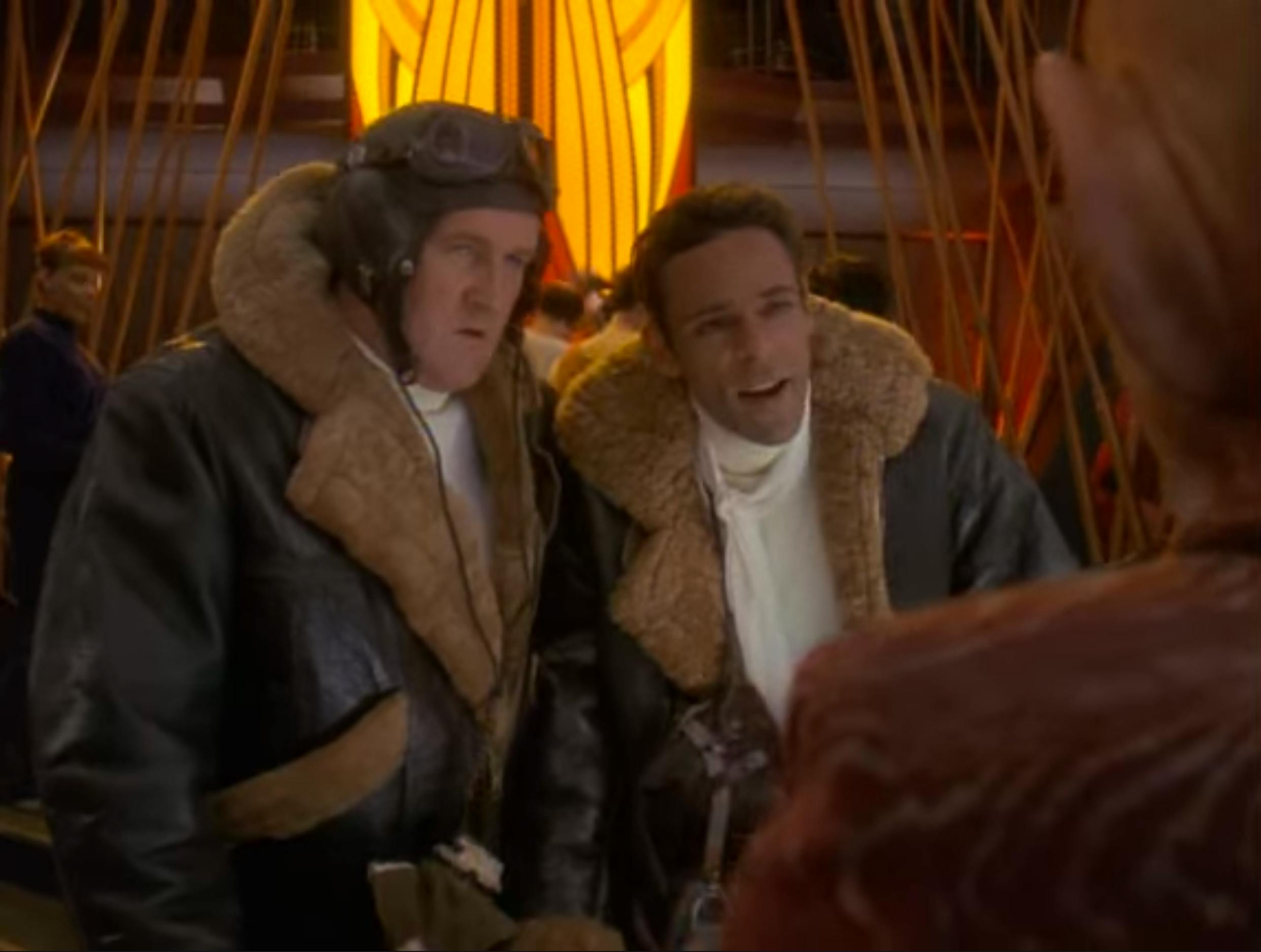
StarTrek.com
Recognize That People Are More Than They Appear
The reason children make friends so easily is because they don’t instantly pigeonhole people into a rigid worldview they’ve spent years building in their heads. That’s the unfortunate domain of adults, and even the two best friends in all of Star Trek were guilty of it in the beginning.
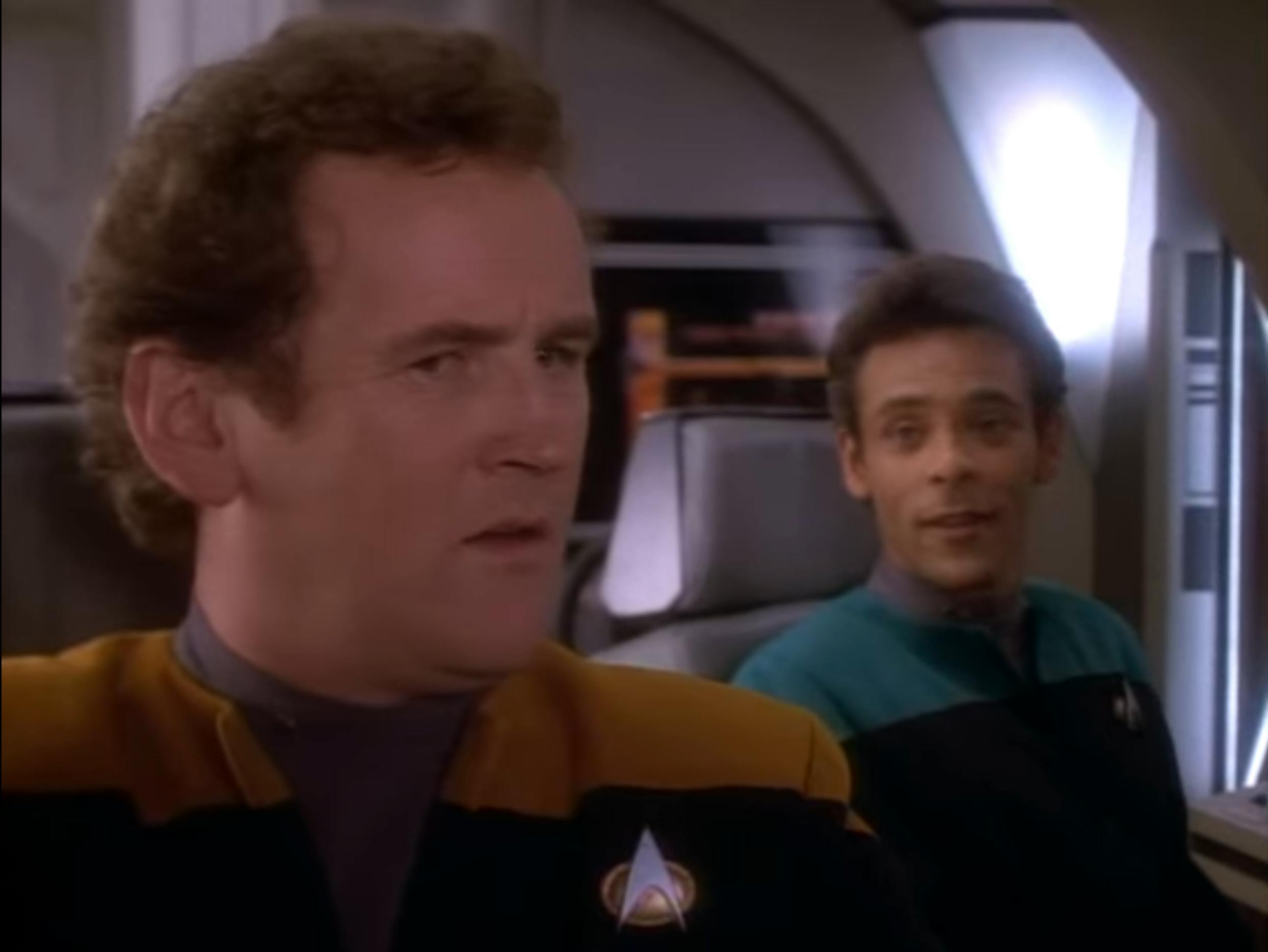
StarTrek.com
In the Season 1 episode “The Storyteller,” when they were sent to the planet Bajor in a shuttle, Miles and Julian spent over two hours in total silence. This was mostly on the Chief who wasn’t too keen on chatting with, in his eyes, a brash, annoying know-it-all, which… OK, wasn’t a totally unfair assessment at the time. But later, Miles discovered that there was a lot more to the young doctor.
In the Season 2 episode “Rivals,” for example, Miles learned that Julian is a fellow lover of racquetball, and was even better at the sport than him. This laid down the foundation for their friendship that first started to blossom just two episodes later.
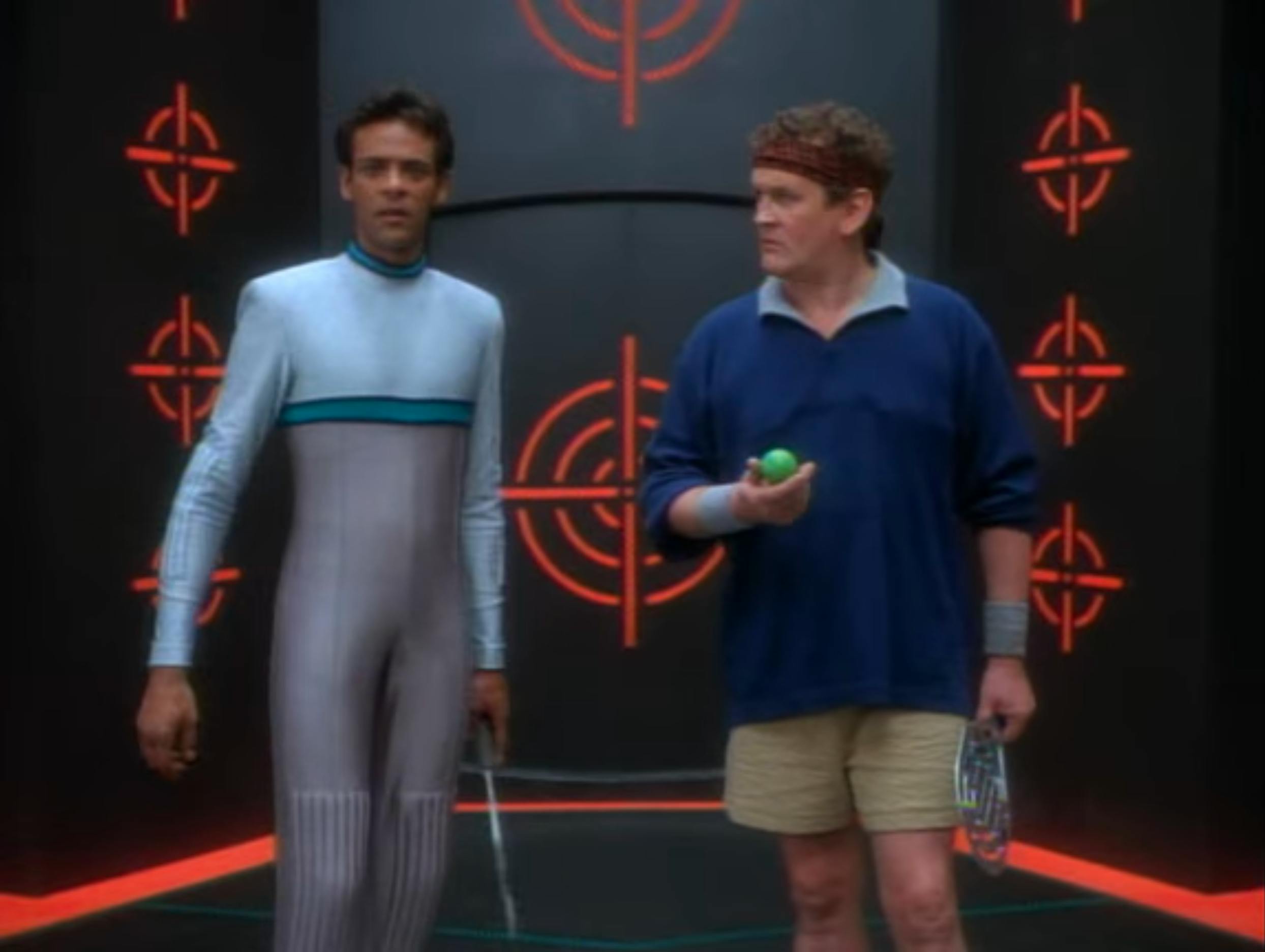
StarTrek.com
In “Armageddon Game,” when Miles and Julian were hiding from an enemy death squad, it was the doctor’s turn to see his future BFF in a new light when Miles took charge of their survival. Suddenly, the Chief was no longer a grumpy gearhead but a capable veteran soldier. As they holed up awaiting rescue and started exchanging personal stories, even more came to the surface, like how Julian, the station flirt, chose Starfleet over the love of his life, or how deeply the Chief feels about marriage.
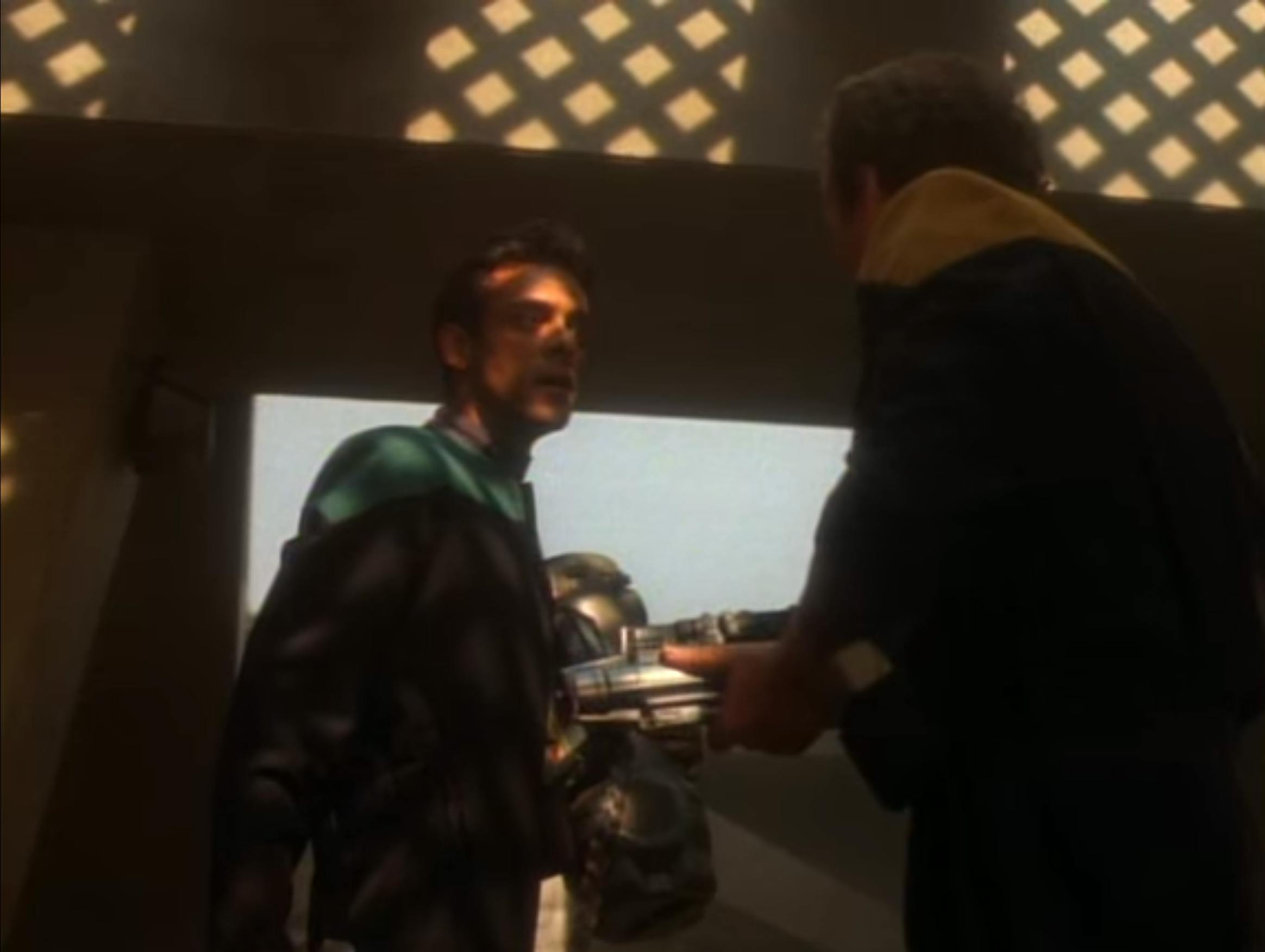
StarTrek.com
Their first bond was forged in fire but what’s more important is that it gave them a chance to see each other as more, which freed them up to one day see each other as friends.
Acknowledge That Friends Give Us Things That Family and Spouses Can’t
In the Season 4 episode “Hippocratic Oath,” after Miles and Julian had already become friends through shared experiences like dart games, racquetball matches, and historical reenactments in the Holosuite, they once again found themselves alone on a shuttle. Only now, they had no trouble talking, with Miles venting a little about his wife Keiko, wishing she was more like Julian, to which the doctor quipped, “So you wish Keiko was a man?” It was a lighthearted jab between friends but at the same time it wasn’t because it established an important fact about adult friendships. Miles didn’t want Keiko to be like any other man. He wished she was more like the one man who, among other things, understood his peculiarities.
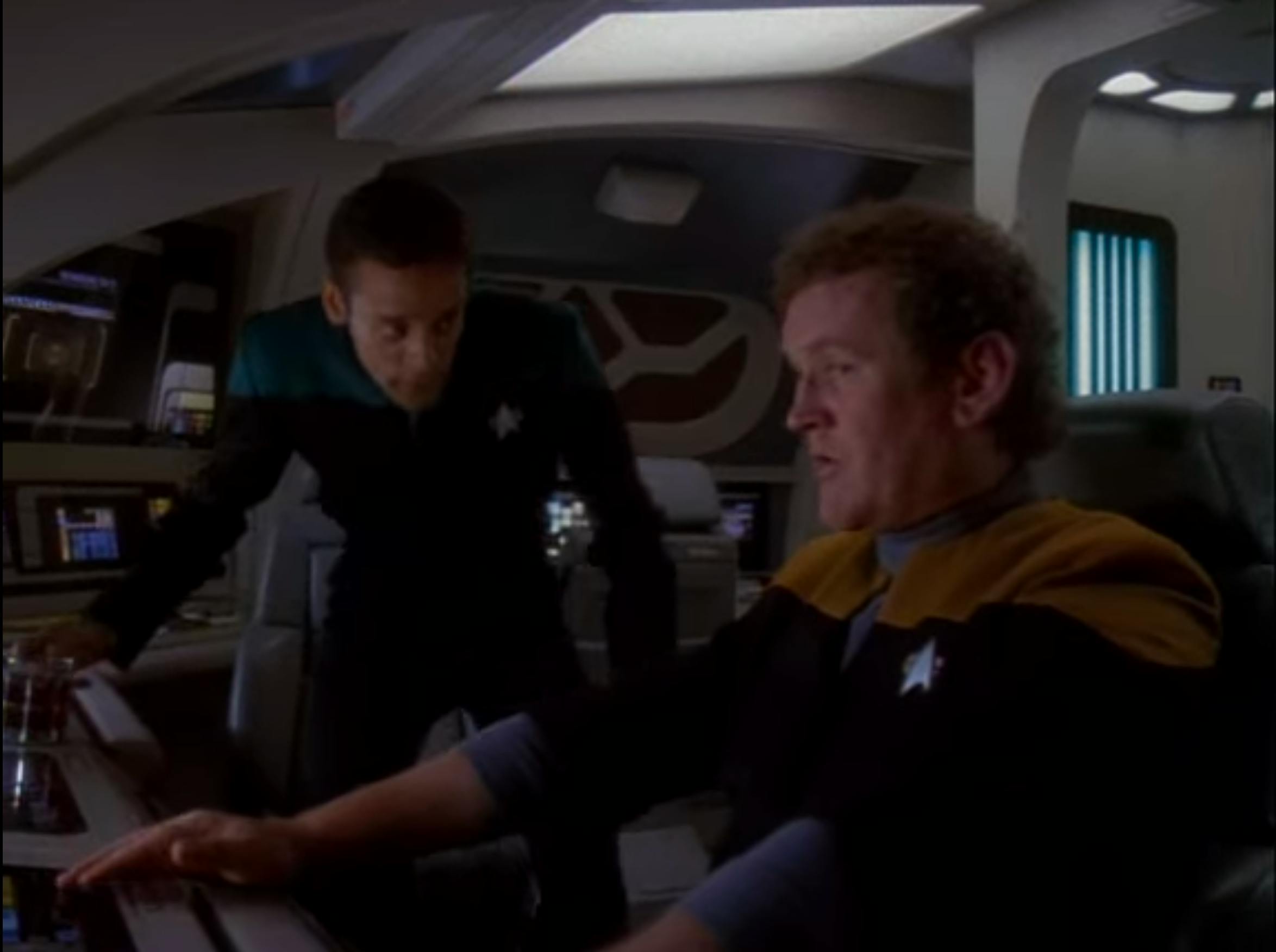
StarTrek.com
The fact of the matter is that we won’t always have all our emotional needs met by our families and significant others, which is where friends come in. Miles and Julian found that out the hard way in the episode “Accession” when the Chief tried to spend all of his time with his family after living apart from them for a year, and tried to replicate what he had with Julian at home, like by playing darts with his daughter. Julian similarly tried to fill the void left by the Chief but it wasn’t working and they were both miserable.
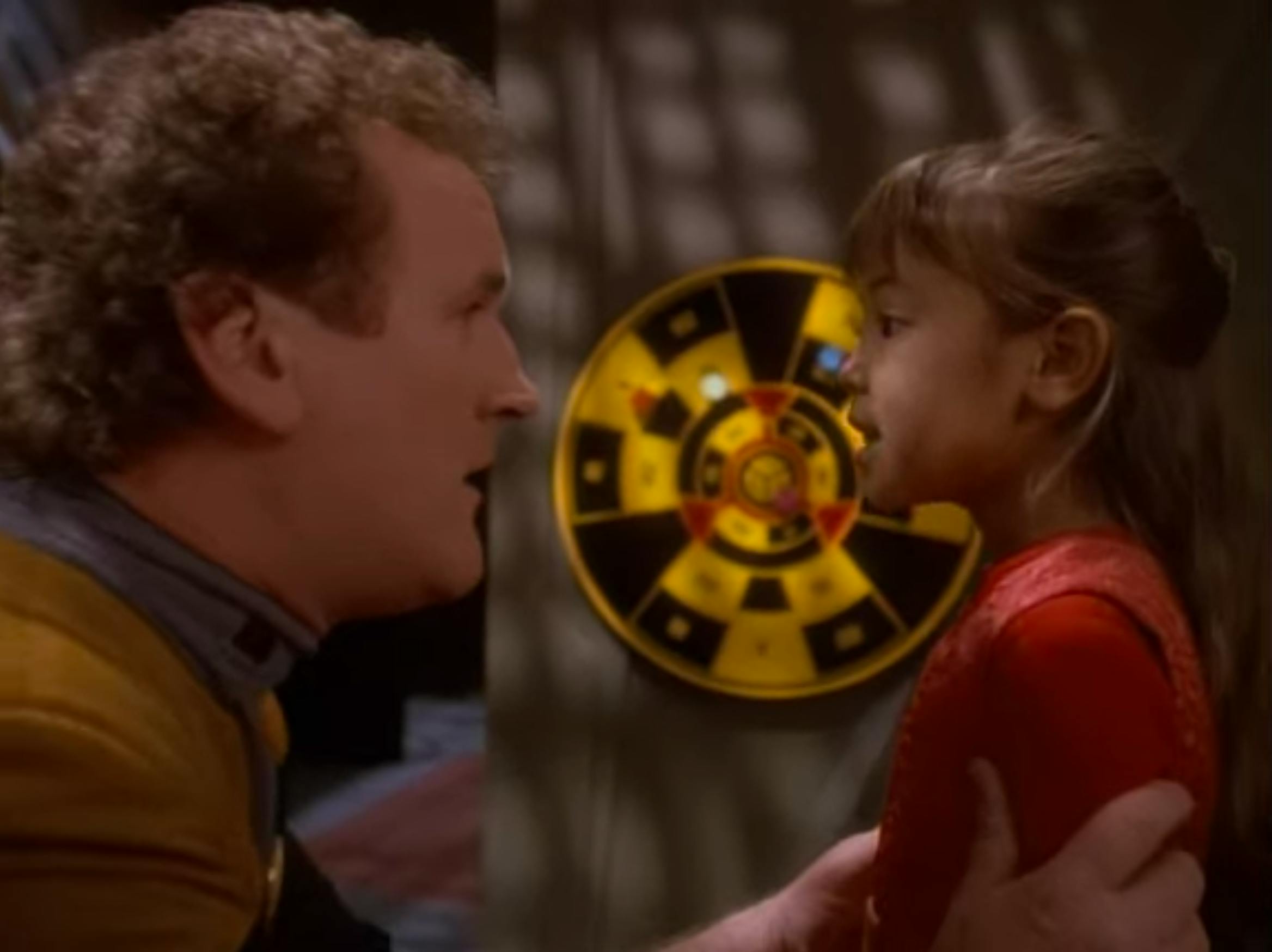
StarTrek.com
In the end, Keiko pushes them back together because she understands that Miles has needs (for male camaraderie) that she can’t satisfy and, most importantly, shouldn’t be expected to. This was probably best summarized by the episode “Extreme Measures” where Julian tells Miles that while he loves Keiko, he might like him a bit more. Those are two very different needs that in many cases may take two different people to fulfill and it’s healthy to acknowledge it.
Don’t Be Afraid to Open Up Emotionally
A great thing about Miles and Julian’s bromance is that it’s also a fantastic takedown of toxic masculinity that shows the importance of opening oneself up. In the episode “Hard Time,” it actually saved the Chief’s life. After being unjustly convicted in an alien court to having memories of 20 years of incarceration implanted in his head, during which time, in his mind, he killed his cellmate, Miles comes very close to killing himself due to the shame and trauma.
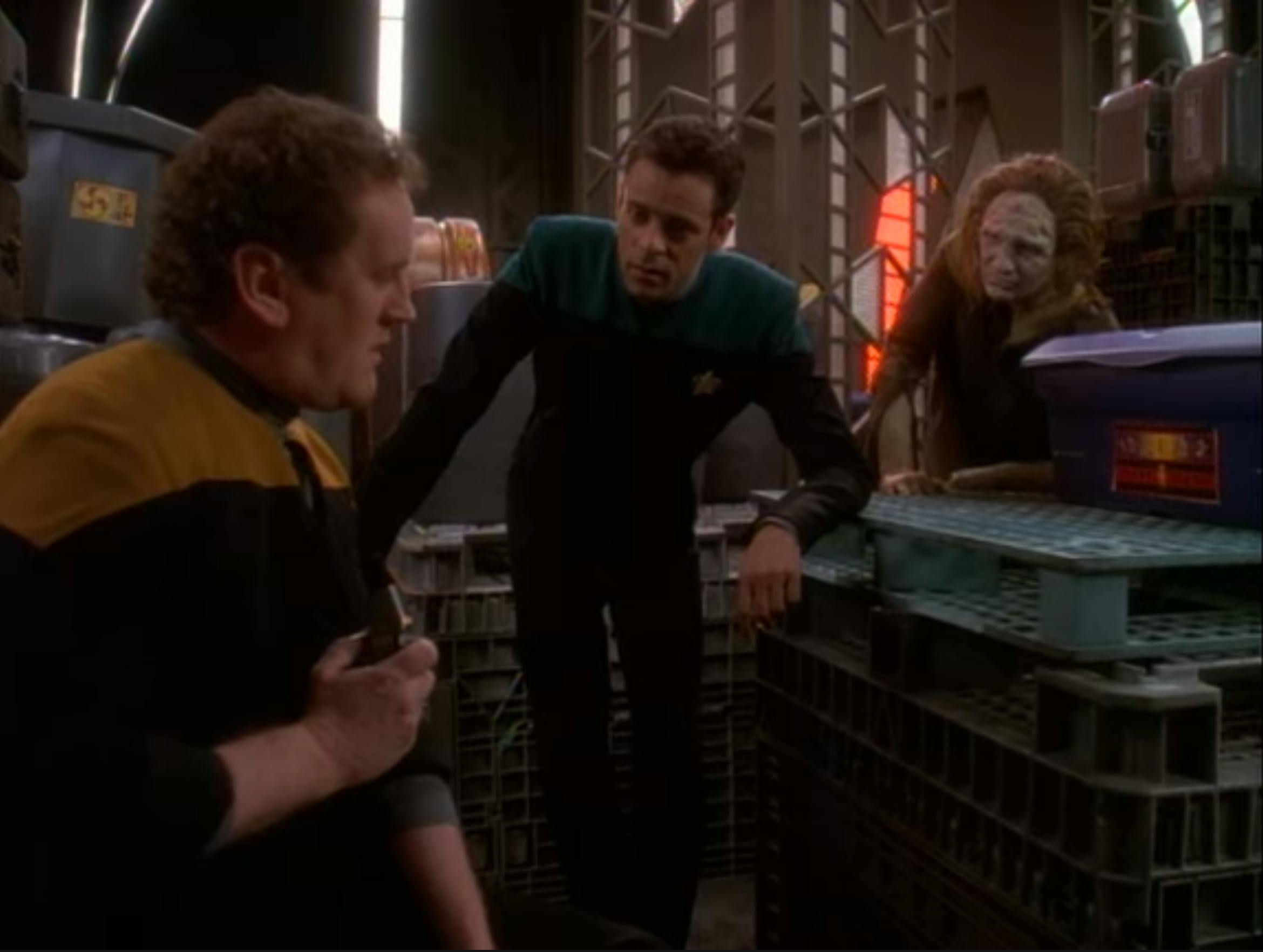
StarTrek.com
If it wasn’t for Julian who broke through to him, heard him out, and offered solutions, that really could have been it for the Chief. He didn’t ask for help but thankfully took it when it was extended to him, even though it wasn’t easy. Opening yourself up isn’t just about sharing positive emotions. Sometimes, it also means baring the darkest parts of your soul, parts that’d be too hard to share with your family.
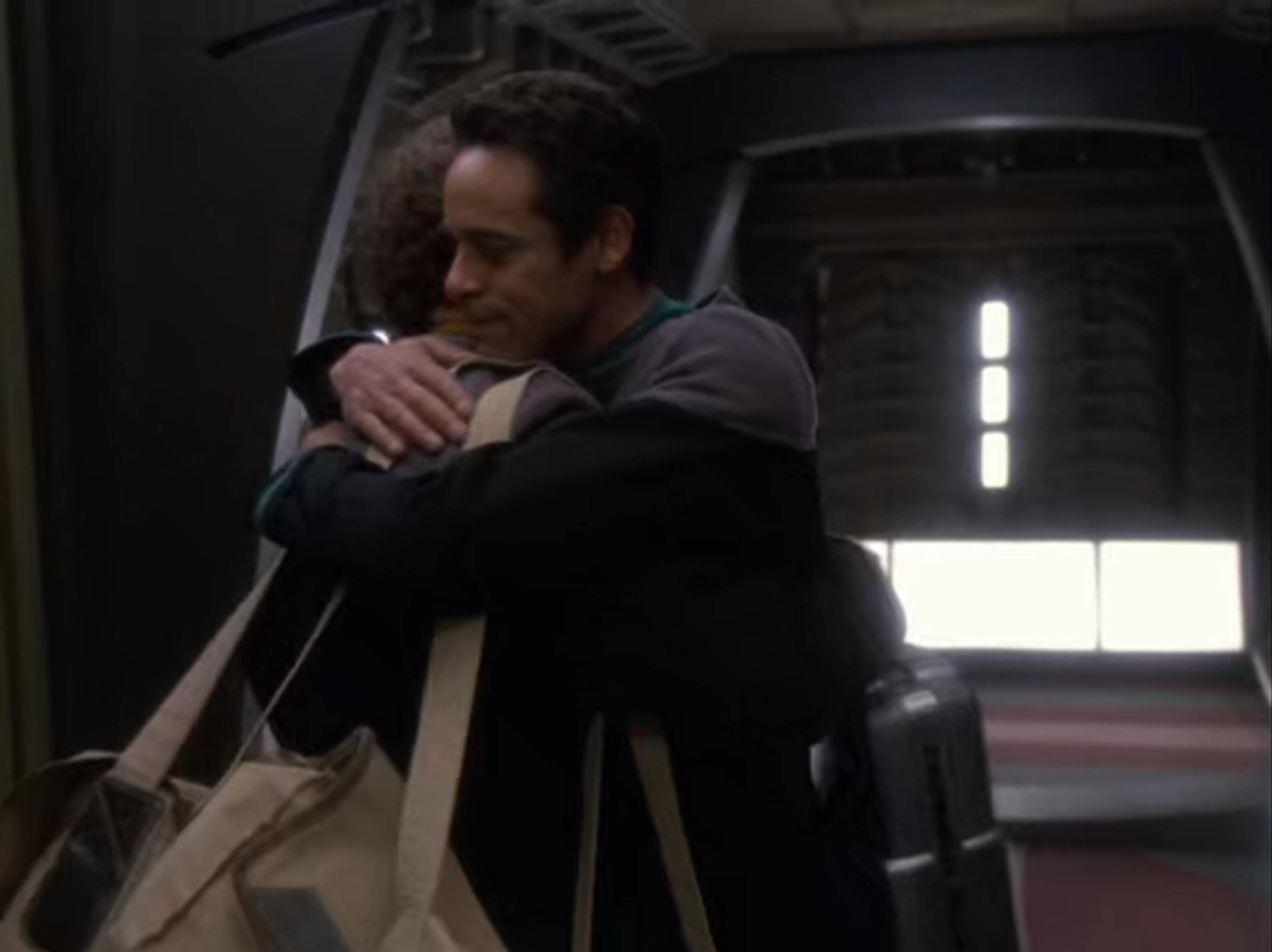
StarTrek.com
Because, ultimately, family does come before friendship. By the end of Deep Space Nine, Miles chooses his family and moves to Earth, leaving Julian behind. No matter how close they were and how much they needed each other, friendships between adults are in a constant, losing battle with the realities of life. But maybe the fact that these sorts of friendships can end so easily is precisely what makes them so special and worth doing right. And there are no better teachers in that field than Chief Miles O'Brien and Dr. Julian Bashir.
Cezary Jan Strusiewicz (he/him) is a freelance writer and translator based in Japan and specializing in pop culture and history.
Stay tuned to StarTrek.com for more details! And be sure to follow @StarTrek on Facebook, Twitter, and Instagram.
